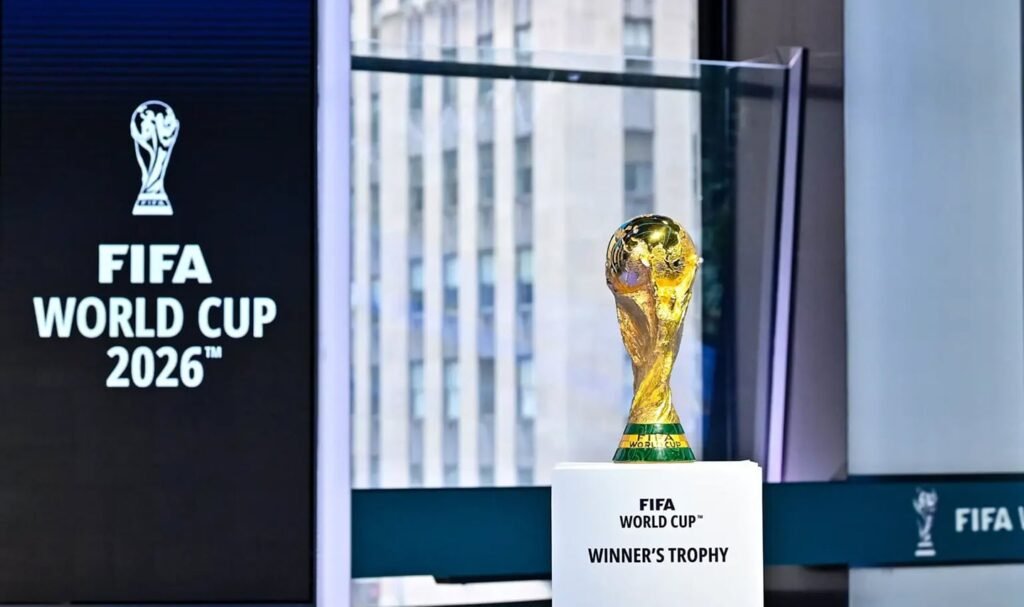Langford has officially withdrawn from consideration to host a training base camp for the 2026 FIFA World Cup, citing high costs and concerns over community impact. The Victoria-area city council voted unanimously this week to pull Starlight Stadium from the list of possible venues.
The key issue was the need to replace the stadium’s artificial turf with natural grass to meet FIFA’s requirements. Deputy Mayor Colby Harder explained that the project would have cost between $1 million and $1.2 million. Without provincial or federal funding support, the city concluded it could not move forward.
The federal government has committed $115 million to British Columbia for the World Cup, but those funds are already allocated to improvements at BC Place in Vancouver, where tournament matches will take place. That left Langford with no outside support to offset the stadium costs.
Starlight Stadium is home to Pacific FC of the Canadian Premier League, the Westshore Rebels football team, and also serves as a training and competition ground for Rugby Canada. FIFA’s rules for host facilities would have disrupted those groups and reduced community use of the stadium.
According to a city staff report, Langford would have lost about $50,000 in game-related fees. More importantly, other local sports organizations would face significant disruption. Pacific FC would likely have been displaced for two-thirds of its season. Community events such as Canada Day celebrations, which are traditionally held at the stadium, would also have been canceled.
Harder emphasized that council weighed both financial and social costs in reaching the decision. While the city valued the opportunity to be part of the World Cup, the long-term community impact was considered too high.
Local MLA Ravi Parmar, who had supported Langford’s bid, said he respected the council’s decision. He acknowledged that while hosting a FIFA training camp could have raised Langford’s profile, the financial and community challenges made the plan unrealistic.
The 2026 FIFA World Cup will be co-hosted by Canada, the United States, and Mexico. Vancouver is one of two Canadian host cities, alongside Toronto. Each host city must provide training facilities for participating national teams. While Langford has stepped back, other locations across British Columbia will continue preparing bids to serve as official training bases.
For Langford, the decision highlights the balance small communities face when considering international sporting opportunities. Hosting global events can bring attention and tourism, but the financial demands often strain local budgets and affect everyday community activities. In this case, the costs of turf replacement and loss of stadium access for local users outweighed the potential benefits.
With the unanimous vote, Langford will instead focus on maintaining Starlight Stadium for its current tenants and community events. City officials stressed that keeping the stadium accessible for local sports and celebrations remains a priority.
While Langford will not play a direct role in hosting World Cup teams, the region will still benefit from the global tournament. Vancouver’s matches are expected to draw thousands of fans, and nearby communities anticipate increased tourism during the games. Langford leaders believe the city can still be part of the excitement by supporting local clubs, welcoming visitors, and ensuring that community needs remain at the forefront.

